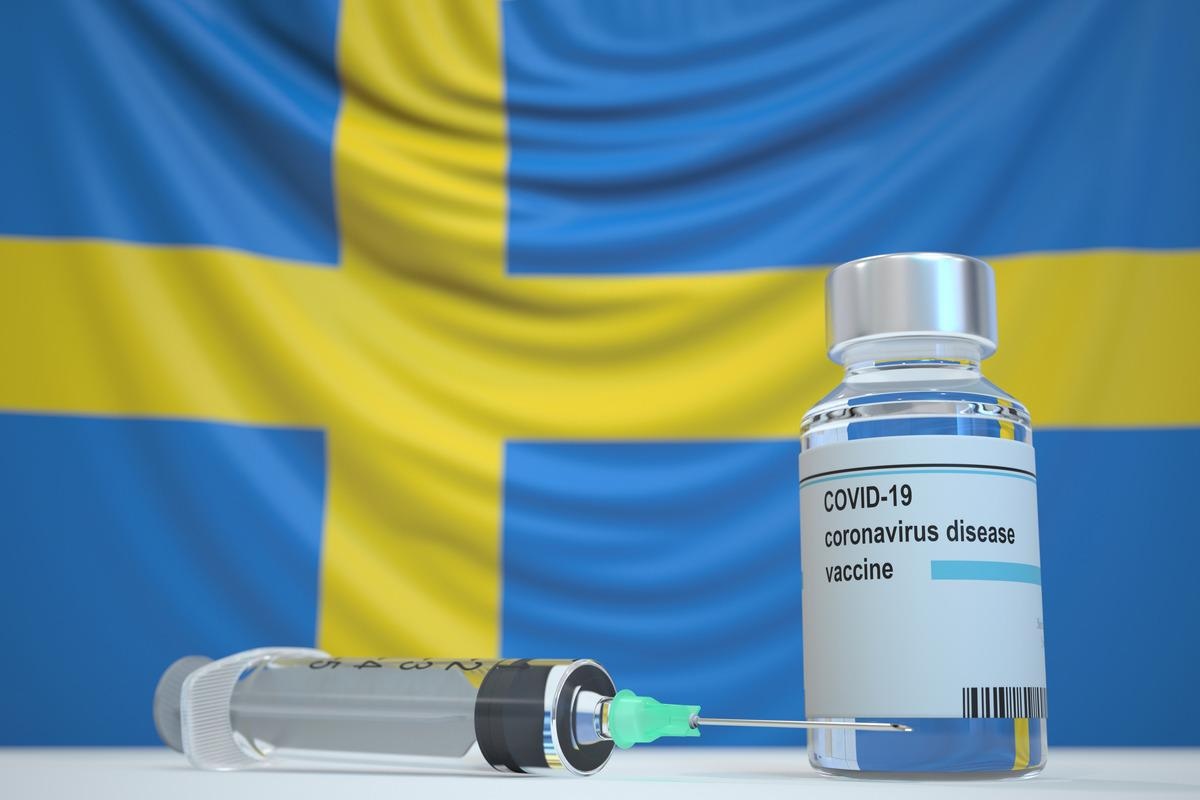The coronavirus disease 2019 (COVID-19) vaccines BNT162b2 (Pfizer-BioNTech), mRNA-1273 (Moderna), and ChAdOx1 nCoV-19 (Oxford-AstraZeneca) have all shown excellent efficacy in randomized clinical trials, and observational studies have predicted high real-world effectiveness. Reports of breakthrough infections and fading immunity, on the other hand, have raised questions about the durability of protection.
 Study: Risk of infection, hospitalisation, and death up to 9 months after a second dose of COVID-19 vaccine: a retrospective, total population cohort study in Sweden. Image Credit: Novikov Aleksey/Shutterstock
Study: Risk of infection, hospitalisation, and death up to 9 months after a second dose of COVID-19 vaccine: a retrospective, total population cohort study in Sweden. Image Credit: Novikov Aleksey/Shutterstock
In terms of severe COVID-19 outcomes, such as hospitalization or death, clinical trial follow-ups revealed that after four months, the efficacy of BNT162b2 was approximately 84%, and that of mRNA-1273 was approximately 92%, with similar results reported by the US Centers for Disease Control and Prevention.
Observational studies from the United States and Qatar also demonstrated that BNT162b2 was effective against hospitalization and death for up to six months. In contrast, preliminary data from the United Kingdom indicate a slight waning, particularly in older adults, of ChAdOx1 nCoV-19 compared to BNT162b2. Another observational study on ChAdOx1 nCoV-19 reported waning effectiveness against hospitalization and death within three months in Brazil and Scotland. Overall, the evidence suggests that vaccine effectiveness against severe COVID-19 is relatively well maintained, but the data are contradictory.
The disparities in recent studies could be due to a variety of factors, including vaccine evaluations that could have varying long-term effects, participant age, varying and relatively short follow-up times, different patterns of risk compensation in populations, different severities, and definitions of infections included as outcomes, and variations in infection pressure and variant exposure during follow-up. The effectiveness of vaccines after six months is still unknown. In this study published in The Lancet, researchers looked at the efficiency of COVID-19 vaccines in preventing infection, hospitalization, and death in the general population of Sweden over the first nine months following vaccination.
The study
A severe acute respiratory syndrome coronavirus 2 (SARS-CoV-2) infection was confirmed in 27,918 people over 108 days, with 6147 being vaccinated and 21,771 being unvaccinated. The immunization efficacy associated with two doses of any vaccine peaked between 15 and 30 days and gradually fell between 31 and 60 days. The decline grew more extreme after that, and by day 211, there was no longer any observable vaccine effectiveness.
Vaccine type, age, sex, homemaker service, and all conditions at baseline, except asthma, significantly impacted the estimated vaccine effectiveness. Vaccine effectiveness dropped to 50% in people aged 80 or older after 61–120 days and to 61% in people who had homemaker help. In terms of sex, from day 181 onwards, there was no discernible vaccine effectiveness in men, although it remained in women. Vaccine effectiveness diminished with time for all vaccines, but at various rates, depending on the type of vaccine. BNT162b2's vaccination efficacy was 92% after 15–30 days, 47% after 121–180 days, and 23% after day 211.
With vaccination effectiveness of 96% at 15–30 days and 59% from day 181 onwards, mRNA-1273 waned slightly more slowly. The waning of heterologous ChAdOx1 nCoV-19 plus mRNA vaccine regimens was similarly slightly slower, with vaccine effectiveness of 89% at 15–30 days and 66% from day 121 onwards. Vaccine effectiveness for homologous ChAdOx1 nCoV-19, on the other hand, was 68% after 15–30 days, with no detectable effectiveness after day 121. There were 277 cases of COVID-19 hospitalization or death among vaccinated people and 825 cases among unvaccinated people after a median follow-up of 124 days. At 15–30 days, the vaccine effectiveness linked with two doses of any vaccine was 89%, then dropped to 64%.
Implications
The findings of this study imply that vaccine protection against SARS-CoV-2 infection of any severity has waned significantly across all subgroups, with differences due to vaccine kinds and schedules. Protection against severe COVID-19, on the other hand, was better sustained for up to 9 months of follow-up, albeit there was some decrease after more than four months. These findings may have implications for vaccination strategies and public health by bolstering the evidence-based rationale for administering a third vaccine dose as a booster, focusing on specific populations at higher risk of severe COVID-19 consequences due to weaker and faster waning vaccine-elicited immunogenicity.
Nordström, P., Ballin, M. and Nordström, A. (2022) "Risk of infection, hospitalisation, and death up to 9 months after a second dose of COVID-19 vaccine: a retrospective, total population cohort study in Sweden", The Lancet. doi: 10.1016/s0140-6736(22)00089-7. https://www.thelancet.com/journals/lancet/article/PIIS0140-6736(22)00089-7/fulltext
Posted in: Medical Science News | Medical Research News | Disease/Infection News
Tags: Asthma, Clinical Trial, Coronavirus, Coronavirus Disease COVID-19, covid-19, Efficacy, Homologous, immunity, Immunization, Public Health, Respiratory, SARS, SARS-CoV-2, Severe Acute Respiratory, Severe Acute Respiratory Syndrome, Syndrome, Vaccine
.jpg)
Written by
Colin Lightfoot
Colin graduated from the University of Chester with a B.Sc. in Biomedical Science in 2020. Since completing his undergraduate degree, he worked for NHS England as an Associate Practitioner, responsible for testing inpatients for COVID-19 on admission.
Source: Read Full Article
